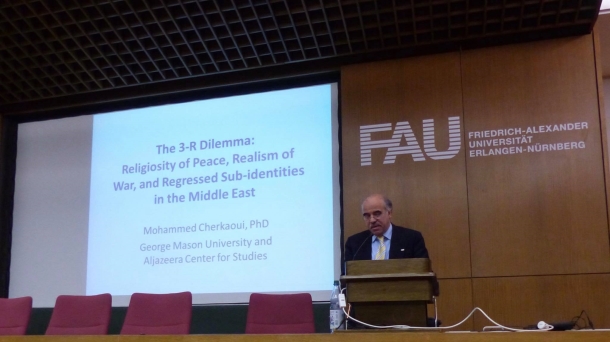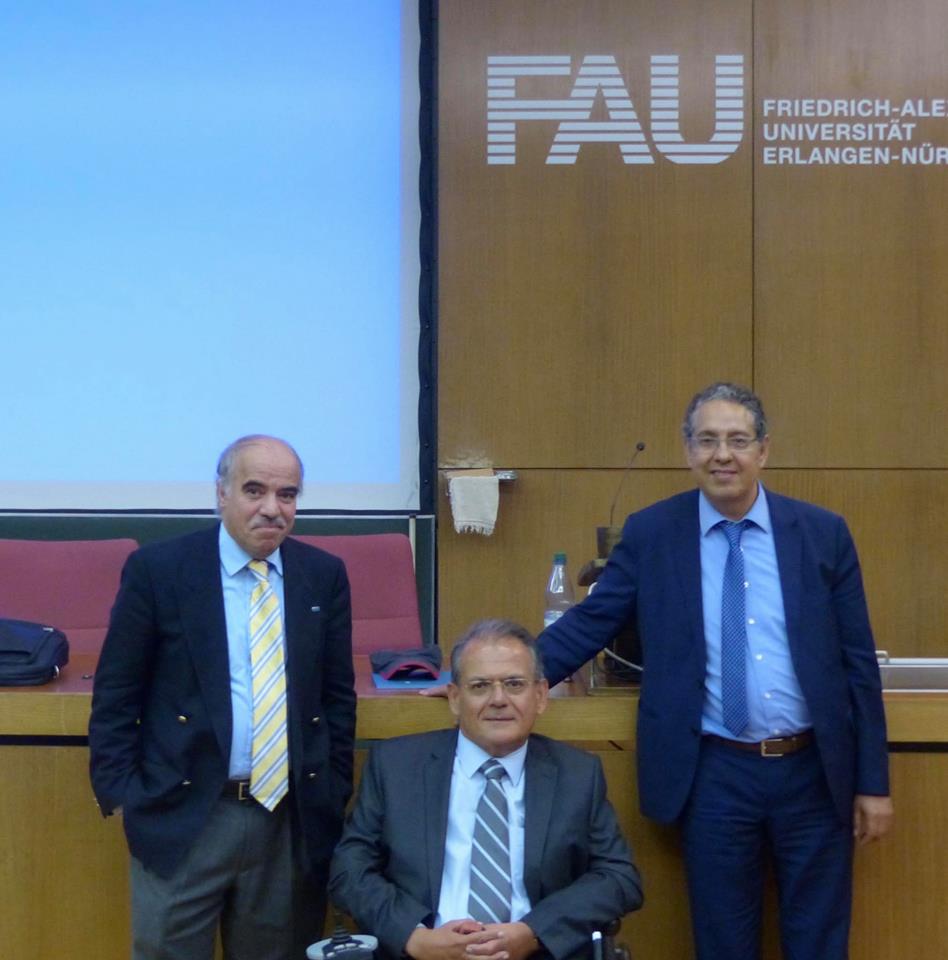
North Africa and the Middle East are struggling with their present; let alone how to shape their future. The promise of the 2011 uprisings has turned into growing malaise and widespread deception by the poor performance of Islamist, secular, military, nationalist, and other brands of Arab governments. After seven years of high expectations, the Arab story of reform and democratization has become a daunting cliffhanger. The main question now is how we got here. Why there is so much concentration of conflict and violence in this strategic region located at the heart of the world with enormous natural and human resources. Why is there still dire shortage of democratic steps and civility in the Arab public discourse across the region? One good example in Saudi Arabia, Tweeter has served as the best weapon of mass stigmatization of Qatari officials and their allies. Another intriguing question; what prevents Arab societies from forging a smooth path to modernity, welfare, and democracy? Are there any real prospects of an Arab age of enlightenment to help address this difficult Arab pregnancy of democracy?
From this perspective, the Department of Islamic-Religious Studies and the Centre for Euro-Oriental Studies at Friedrich-Alexander-Universität Erlangen-Nürnberg hosted Dr. Mohammed Cherkaoui to give a lecture on the theme “The 3-R Dilemma: Religiosity of Peace, Realism of War, and Regressed Sub-identities in the Middle East”. He highlighted how the ongoing civil wars, civilian devastation, and the political struggle of states and non-state actors alike across the region do not have one set of deep-rooted causes, but a diversity of economic, geo-strategic, cultural, ethno-nationalist, historical, and sometimes tribal factors. Therefore, academic tools of analysis require a multi-disciplinary approach and crossing over to other fields of knowledge. Moreover in the field of conflict resolution, peacebuilding, and cultural studies, He argued for a “cross-disciplinary pursuit of deconstructing the drivers of extremism, Jihadism, and other forms of political violence amidst the debate over the significance of the multi-disciplinarily approach versus the inter-disciplinary approach.” He organized his paper around three themes: a) religiosity as new geopolitics within the advocacy of the political Islam movements across the region; b) new Arab realpolitik in terms of the reemergence of Arab deep states stronger after the turmoil of 2011; and c) regressed Arab sub-identities while national identities have taken the back seat behind the power of sectarianism. I will also propose a few reflective conclusions on the new age of Arab sectarianism and the struggle for modernity and democratization.
One of the challenges now is how address the divergence between the religiosity of peace, as a central pillar of the Islamic discourse, and the civility of religion in shaping the political system in the region. The question remains: how to organize the interconnectedness between the mosque, the church, the temple, the ministry, the parliament and the public opinion, and promote openness, diversity, and global values. Most of the political actors in the region have had a religious platform -Islamic or Islamist - and a favorable discourse of religiosity.
 |
| [From left] Mohammed Cherkaoui, George Tamer, (Chair) and Mohammed Nekroumi, Professor at Friedrich-Alexander-University Erlangen-Nürnberg [Al Jazeera] |